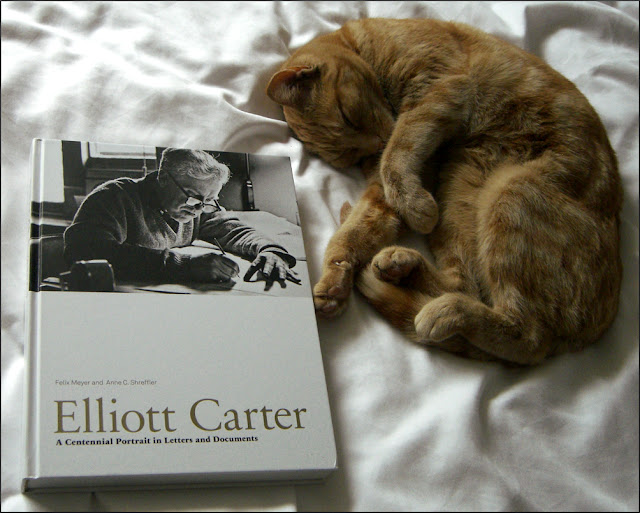John Lennon beyond the Maharishi

I don't believe in magic, I don't believe in I-Ching,I don't believe in Bible, I don't believe in tarot, I don't believe in Hitler, I don't believe in Jesus, I don't believe in Kennedy, I don't believe in Buddha, I don't believe in mantra, I don't believe in Gita, I don't believe in yoga, I don't believe in kings, I don't believe in Elvis, I don't believe in Zimmerman, I don't believe in Beatles, I just believe in me That litany of rejected influences comes from the track God on the 1969 John Lennon/Plastic Ono Band album. John Lennon dismisses two elements of Christianity, the Bible and Jesus, and five of Eastern traditions, I-Ching, Buddha, mantra, Gita and yoga. But intriguingly Lennon does not reject Islam as an influence. There may well be a simple explanation for this: namely that Vedanta and Zen Buddhism but not Islam were the esoteric traditions of choice for the the 1960s counterculture. But there is another possibl...















